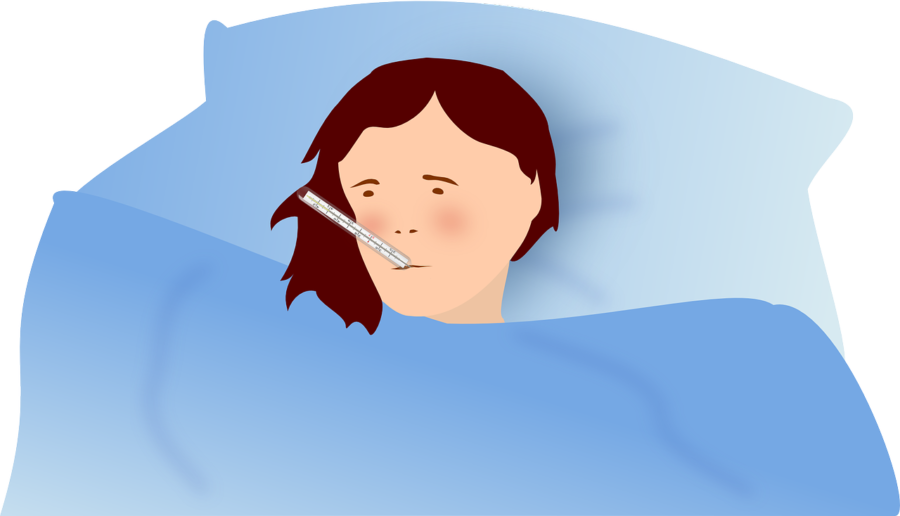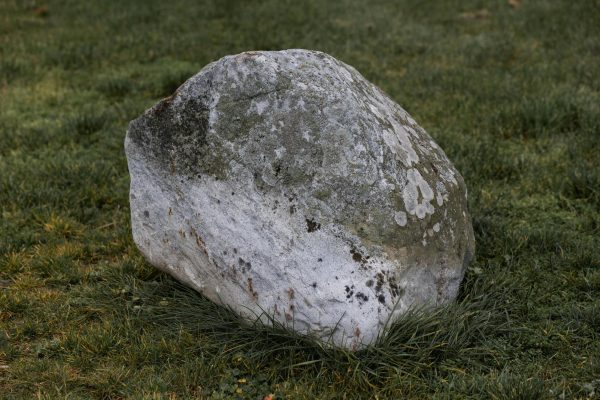What helps the best when you have a cold or the flu?
I wake up in the morning and check the weather: sunrise at 7:06 and sunset at 16:35. Fallen leaves all over the garden, and the wind breeze never seems to stop.
Another long winter is beginning.
Whether on public transport, workplace or at home, I can see people sniffing everywhere. Experts are already predicting that this year’s flu season will be a rough one and are reporting a rise in a variety of other respiratory illnesses as well, after two years of relative quiet.
Therefore it is essential to prevent winter cold in advance. But which one is the best?
There is some evidence to suggest that certain vitamins and ingredients in home remedies — like vitamin C, elderberry, and zinc — can, at the very least, stimulate the immune system and slightly shorten the duration of your symptoms.
And this idea is not new. Since the 1970s, scientists supported that vitamin C is an essential micronutrient that contributes to immune defense by supporting various cellular functions of both the innate and adaptive immune systems. Furthermore, clinical trials have proven the effectiveness of Vitamin C: for example, according to 2019-meta analysis of four studies found that elderberry, a fruit with high Vitamin C, was significantly effective at reducing the total duration of a cold.
There are also diverse cultural aspects in terms of curing and preventing sore throat, a common bacterial or viral infection that happens with cold weather. Turmeric root is a plant in the ginger family that is native to Southeast Asia and has been long used in the Ayurvedic medical practices of India. Its main compound, curcumin, is known for curing inflammatory conditions. Many countries prioritize tea as the main source of cold and flu remedies and this also differs by geographical location. In rural Mexico, families prepare a hot beverage, like lemon tea, and add lots of onion or garlic. In urban Mexico, a standard treatment for colds is hot water mixed with cinnamon and honey. There are also interesting alternate treatments for colds and flu besides drinking or eating: in Ghana, they peel an onion and place it on either side of a child’s bed. The onion absorbs toxins and germs and is thought to purify the air.
On top of all the traditional home remedies, the most important factor is, however, creating a lifestyle that strengthens one’s immune system. Here are some lists of habits that can help improve your health this winter:
Maintain proper indoor temperature and ventilate the air frequently.
The proper indoor temperature in winter is said to be 18-20 degrees. Of course, the air may feel a little cold at this temperature, but if the temperature difference between indoors and outdoors is too large, the immunity may decrease and it may be easier to catch a cold. In addition, since the weather is cold in winter, the number of windows opened is relatively reduced, making the indoor air cloudy, so the indoor pollution level is much higher in winter than in summer. As a result, drowsiness, headaches, and facial flushing may occur, and families with students may experience poor academic ability, so it is good for health to ventilate indoor air frequently. It is said that indoor ventilation in winter is most effective to ventilate for one to two minutes every two to three hours.
Increase indoor humidity and provide sufficient moisture.
Heating in winter makes the indoor air dry. Dry air is not good for respiratory health, so it is recommended to use a humidifier or hang wet towels or laundry indoors. And it is recommended to drink a lot of warm water and promote blood circulation through foot baths or baths to restore muscle relaxation and fatigue.
Wash your hands often.
The most important thing to prevent diseases in winter is to wash your hands often. In winter, there are many cold patients here and there, so it is easy to be exposed to cold viruses, and especially colds are often infected through hands, so you can prevent colds by taking good care of your cleanliness after going out.
Exercise steadily.
In winter, you can neglect exercise under the pretext of cold. In winter, when activity decreases and the body shrinks, you should reduce body fat and increase immunity through aerobic exercise. However, excessive sweating can lead to a decrease in body temperature, so avoid exercising too hard to feel hot.
If outdoor exercise is difficult due to the cold, do light indoor exercise so that there is no shortage of physical activity. After exercising, you should keep warm enough, such as bathing in warm water and changing clothes to prevent colds.
Maintain healthy eating habits using seasonal food.
A balanced diet is a prerequisite for a healthy life in any season. Among them, in order to stay healthy in winter, it is important to eat enough fruits and vegetables, which are treasure troves of vitamins and minerals, and eat protein properly to strengthen immunity.
In particular, sweet potatoes, spinach, and tangerines are winter seasonal foods and are the best foods to prevent various diseases in winter. Sweet potatoes not only have the important function of protecting blood vessel health in winter, but also have blood sugar control and antioxidant effects, making them a good superfood for maintaining health in winter. And spinach contains an ingredient called “lutein” that protects our eyes and even contains folic acid that makes healthy blood vessels, which has various effects.
Lastly, tangerines, the best snack in winter and winter medicine, are the best health food that can get daily recommended vitamin C, and are said to be good for preventing cancer as they contain a large amount of anticancer substances as well as cold prevention.






